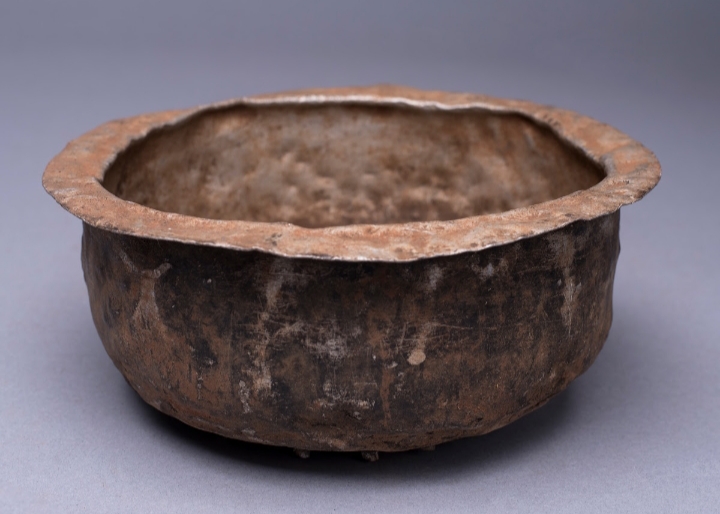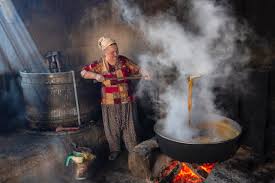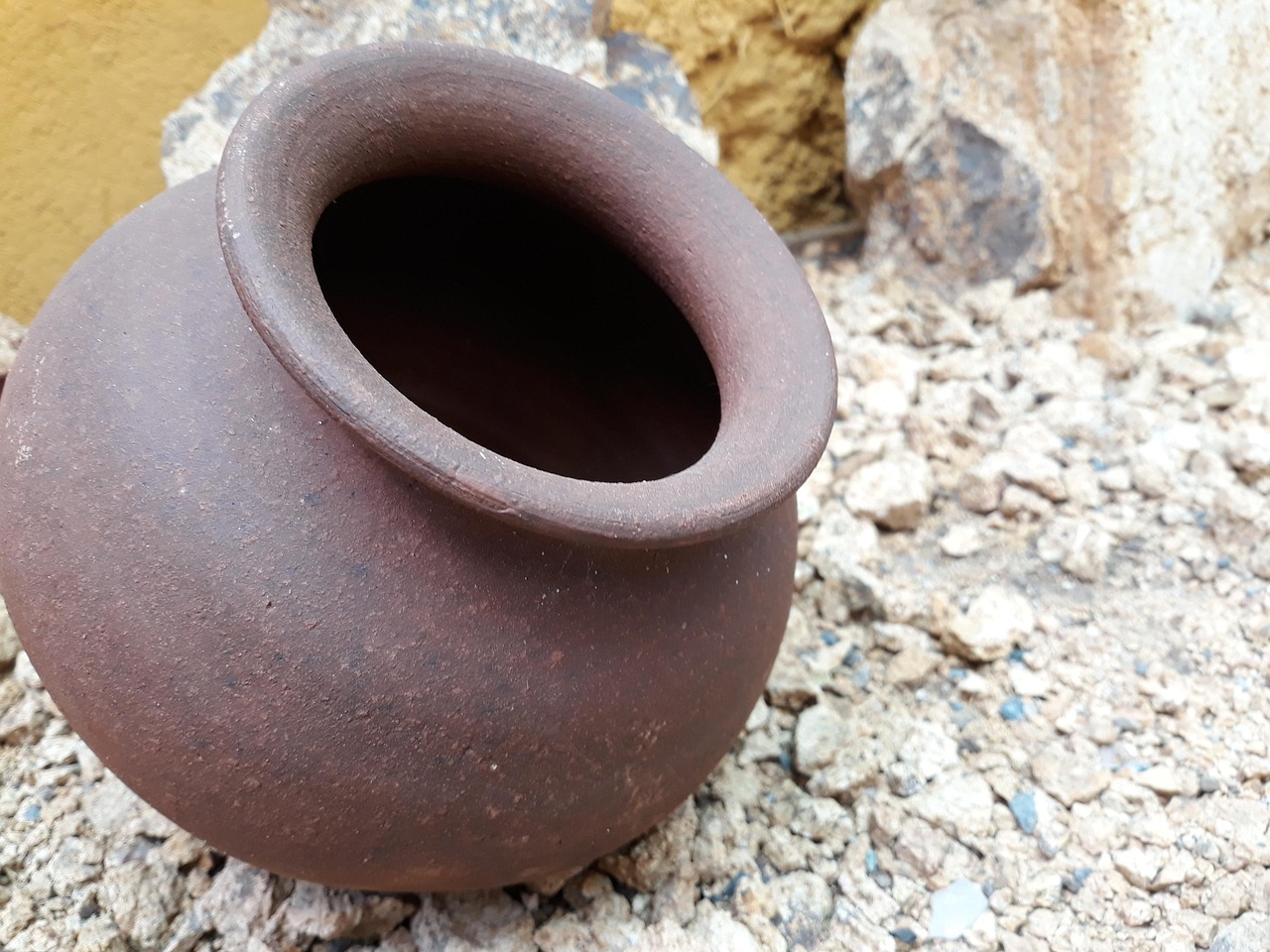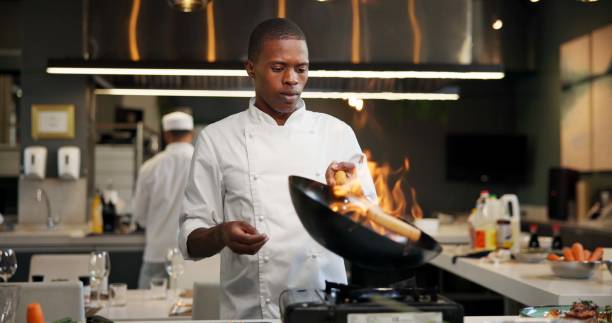It was a warm afternoon in the quiet village of Kapsammy, Bomet County. The air carried the scent of firewood smoke and the hum of everyday life — children’s laughter, hens scratching in the dust, and the occasional roar of a boda boda on the main road. I sat under an acacia tree, half-lost in thought, when an elder’s voice caught my attention.

“Give him the sufurias and let him fend for himself.”
At first, it sounded like a simple statement. But in that moment, I realised it was more than cookware being discussed — it was a metaphor for independence, a cultural signal that the time had come for someone to take responsibility for their own life.
The scene was about a young man, ambitious but still living with his parents long into adulthood. The elder’s advice was clear: “Give him the sufurias” — in other words, “He is ready to stand on his own.” In many rural Kenyan households, handing over a sufuria is symbolic. It is a quiet but firm nudge into the world of self-reliance.

The Cultural Weight of a Simple Cooking Pot
A sufuria, to the uninitiated, is just a cooking pot. But in the Kenyan cultural landscape, it carries a deeper meaning. It represents survival, resourcefulness, and the ability to provide for oneself. In many communities, a young adult receiving their first sufuria from their parents marks a turning point — the moment they are expected to prepare their own meals, manage their own home, and begin building their own life.
In rural areas, this often coincides with other rites of passage — moving into one’s own hut, starting a small farm, or seeking employment in a nearby town. In urban settings, the phrase “give them the sufurias” might be used jokingly, but the underlying message remains: you’re grown now; take care of yourself.
This tradition is rooted in African cultural values that link adulthood not to a specific age, but to readiness. Readiness to work. Readiness to make decisions. Readiness to face the consequences of those decisions.
Why This Lesson Still Matters

Times have changed, and with them, the paths young people take to independence. Economic realities such as high youth unemployment, expensive housing, and a competitive job market mean many remain at home far longer than their parents did. Yet elders worry that prolonged dependence can stall personal growth.
“Give them the sufurias” is more than tough love — it is an act of trust. It says, “We believe you can survive. We believe you can make it.” It is a challenge and a blessing rolled into one.
A Conversation with a Village Elder

Mzee Daniel, a respected elder in Kapsammy, explained it this way:
“When we give you the sufurias, it’s not to abandon you. It’s to say we trust you to survive. We believe you can start your own home, make your own way, and even help others one day. It is our way of telling you — you have the tools, now build your life.”
His words highlighted something important: independence in Kenyan culture is not about being left alone; it is about being equipped and trusted.
Lessons for Today’s Youth
The proverb holds several lessons for young people navigating adulthood in modern Kenya:
1. Self-Reliance Is a Skill Independence is not just a stage of life; it is a skill to be learned. Cooking for yourself, managing money, and solving daily problems build resilience.
2. Responsibility Brings Respect
In many Kenyan communities, an independent young adult earns greater respect from both peers and elders. Taking care of yourself shows maturity.
3. Growth Requires Discomfort
Leaving the safety of home can be challenging. But growth rarely happens in comfort zones.
4. Resources Matter Less Than Mindset
You may not start life with much, but a determined mindset is worth more than any possession.
Comparisons from Other Cultures
The “sufuria” tradition mirrors customs in other parts of the world. In Japan, for instance, young adults traditionally move out after school to prove their independence. In parts of the United States, there is a cultural expectation that children leave home at 18. Among the Maasai, rites of passage such as becoming a moran (warrior) mark the transition into adult responsibilities.
These traditions differ in form but share the same core idea: at some point, you must stand on your own feet.
My Personal Reflection
Witnessing that conversation in Kapsammy made me reflect on my own journey. I thought of the moments I had been handed my own “sufurias” — not literally, but through life’s challenges. Moving to a new city without knowing anyone. Starting a business with no safety net. Facing setbacks without running back to familiar comfort.
The truth is, we all receive our sufurias at different times and in different ways. Sometimes they are given willingly; other times life forces them into our hands. Either way, the lesson is the same: we grow when we take full responsibility for ourselves.
A Call to Action for Young People

If you are still holding back from taking your sufurias, ask yourself: What am I waiting for? You don’t have to wait for the perfect job, the perfect home, or perfect conditions. Start where you are, with what you have. Learn to cook your own meals. Learn to budget. Learn to face challenges without leaning entirely on others.
Taking that step doesn’t mean cutting off your family or support system. It means showing them you can stand without leaning — that you can contribute rather than only receive.

Closing Thoughts
“Give them the sufurias” is more than a Kenyan proverb; it is a timeless life lesson. It reminds us that independence is not a gift we receive — it is a responsibility we accept. Whether you live in a rural village or a bustling city, the call to take ownership of your life remains the same.
One day, someone will look at you and decide it is time. When that moment comes, take the sufurias with gratitude, courage, and determination. Then, go out and cook the life you’ve always imagined.
What about you? Has your community got a phrase or tradition that signals it’s time for someone to grow up and take charge? Share your story — your sufuria moment — and inspire someone else to take theirs today.




Reader Responses (0)